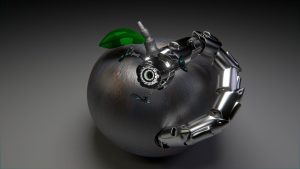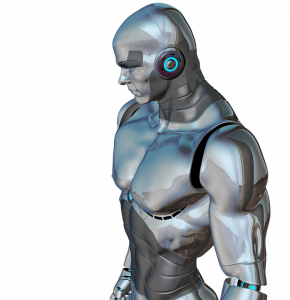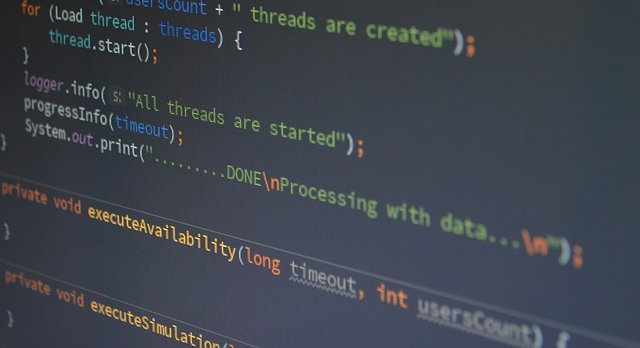The computer itself is considered the best invention in history. Nowadays, computers offer us a range of benefits such as researching virtually any topic fast and easy, fostering global communities of people, allowing unlimited business potential, enabling us to communicate easily with anyone in the world, supporting creativity, ensuring access to education and medical knowledge, and serving as part of essential tools like cars or robots, to name just a few. But the road to what we have today was both long and fascinating. Let’s have a look at the greatest computer inventions ever:
1. Charles Babbage’s computer
The first computer ever built dates back from 1821 and is called “The Difference Engine”. Its purpose was to output mathematical tables and it was commissioned by the British government. Charles Babbage started work on this computer but never managed to complete it due to its high production cost.
2. The first computer program, created by Ada Lovelace
Ada Lovelace, Countess of Lovelace and English mathematician, was the first to observe that Babbage’s computer The Analytical Engine had more applications than just performing pure calculations. While translating Italian mathematician Luigi Menabrea’s records on Babbage’s computer in 1841 she left notes with her translation, and one of the notes was the algorithm needed to compute Bernoulli numbers by the analytical engine – or the first computer program.
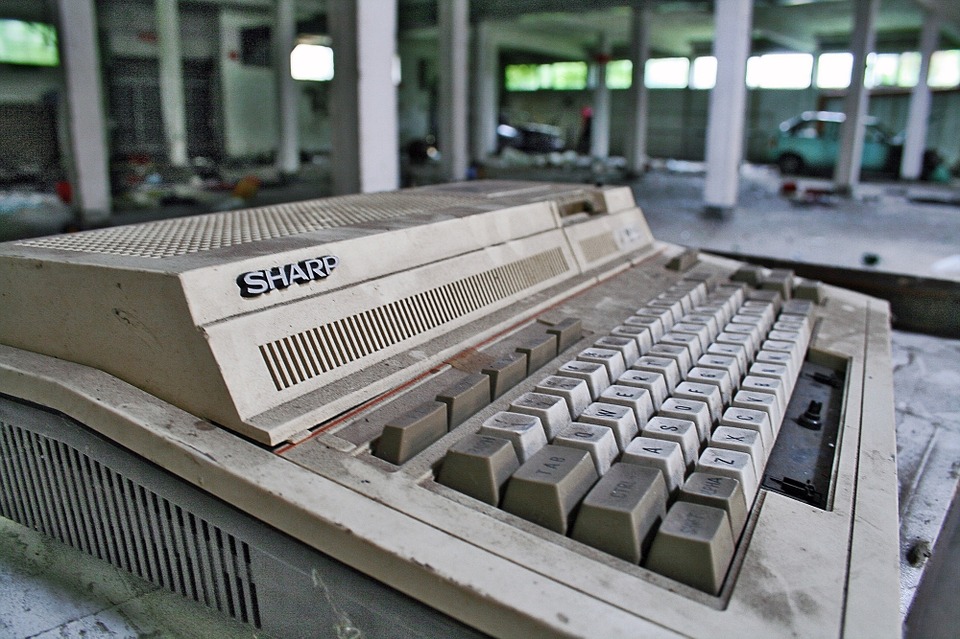
3. First working programmable computer: Z3
Z3 was the third computer built by Konrad Zuse, and it was the world’s first programmable computer. The invention of this machine made Zuse to be regarded as the inventor of the modern computer. Completed in Berlin in 1941, Z3 was a fully automatic digital computer and its average calculation speed was 0.8 seconds for addition and 3 seconds for multiplication. Unfortunately the original Z3 was destroyed in the bombing of Berlin in 1943.
4. ENIAC – the first general purpose programmable electronic computer
ENIAC was developed in 1946 and it was able to solve a variety of numerical problems through reprogramming. This digital computer was huge – it weighed 27 tons, it occupied 167 square meters, and consumed 150 kW of electricity. Today, parts of the ENIAC are held a multiple institutions around the world. ENIAC is remembered for helping with computations to determine the feasibility of the world’s first hydrogen bomb.
5. The first personal computer, Simon
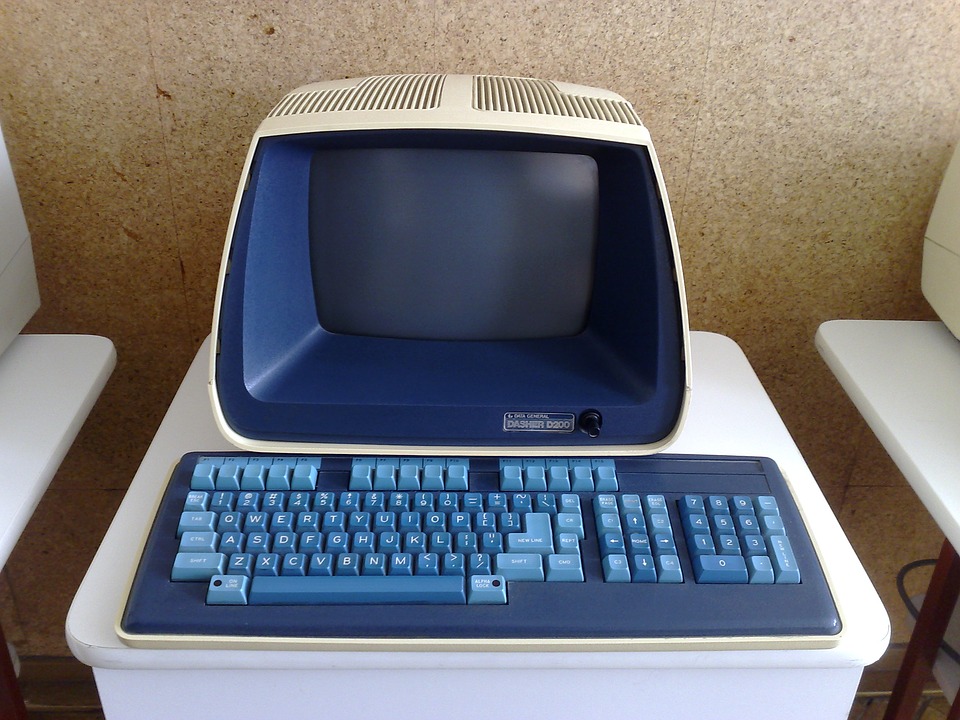
A relay-based computer, Simon was sold for $600 and was built to demonstrate the concept of the digital computer. Its only use was an educational demonstration, and it could perform four operations: addition, negation, greater than, and selection. Simon was limited to a 2-bit memory and output through five lights.
6. The first real-time graphics display computer by IBM (1951)
AN/FSQ-7 is known for being the largest computer system ever built, with 24 installed machines, each weighing 250 tons, and using a total of 60,000 vacuum tubes. It was able to perform approximately 75,000 instructions per second for networking regional radars and it was used for Cold War ground-controlled interception. Stations were equipped with light guns to select targets on screen for further information.
7. First mouse

The first mouse appeared in 1964 and it was one of the steps taken to make computers more user-friendly. The idea belonged to Douglas Engelbart, which created a device with a pair of small wheels (one turning horizontally and the other vertically) which could be used to move a cursor on a computer screen. The device evolved to perform multiple semantic gestures, such as drag and drop and selection, and to be updated to modern versions, such as optical mouse, laser mouse, wireless mouse, inertial mouse (which doesn’t need a surface to operate), the gaming mouse, and the ergonomic mouse, developed to provide optimum comfort and prevent repetitive strain injuries of the hand.
8. The first touchscreen
Touchscreens may seem like a recent invention, but you’ll be surprised to find out that the first touchscreen in the world was developed in 1965. Unlike modern touchscreens, this one had no pressure sensitivity (it was either contact or no contact) and it was able to register only a single point of contact (it wasn’t multitouch). This type of touchscreen was used by air traffic controllers in the UK until the 1990s.
9. The first portable computer – Compaq Portable
The first product of the Compaq Computer Corporation, this portable computer was launched in 1982. Its price was $2,994 (equivalent to approximately $7000 today), weighed 13 kg, and it could be folded into a case the size of a portable sewing machine. Two years later, IBM released a similar computer, more affordable and less sophisticated, though.
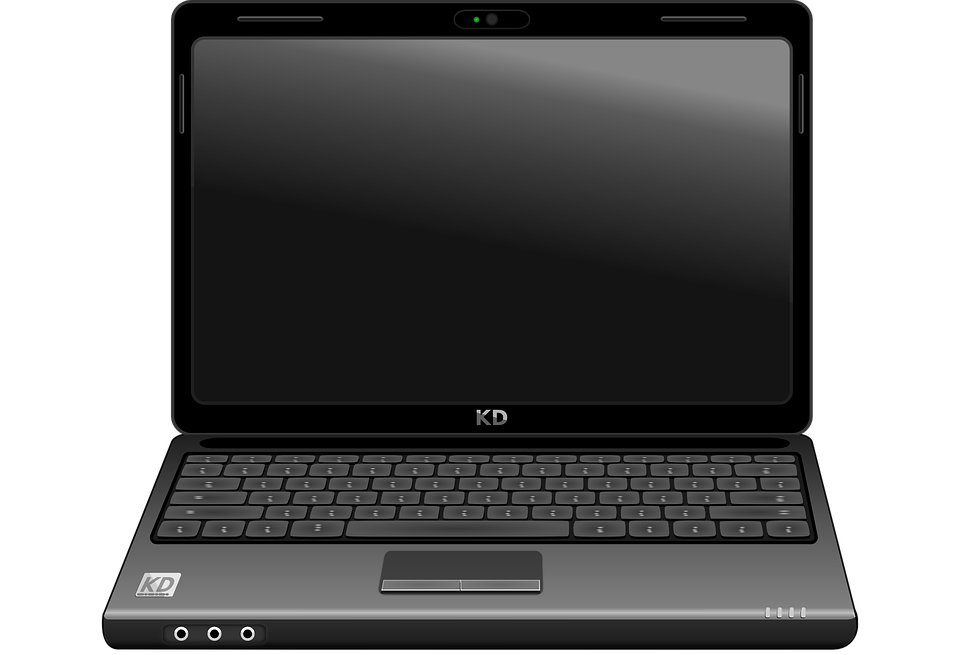
As time went by, computer technology exploded and it would take thousands of pages to write an exhaustive history of computer inventions. Every day new inventions in the field are made, and a long way has been completed since Charles Babbage’s computer in the early 19th century. The question is – what will the future bring?


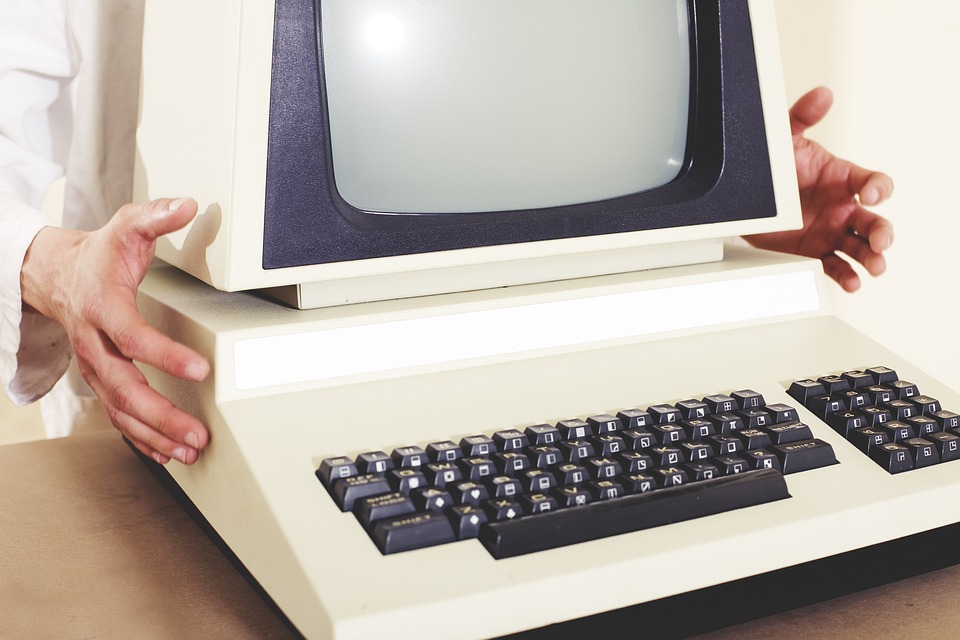




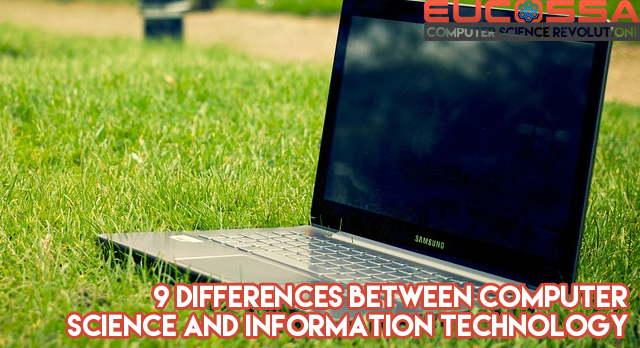

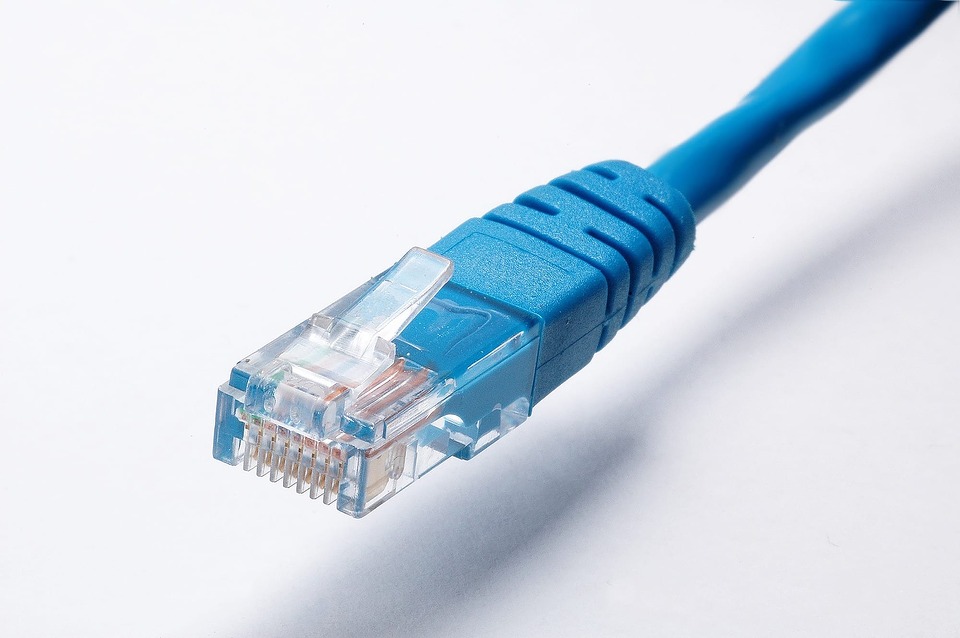

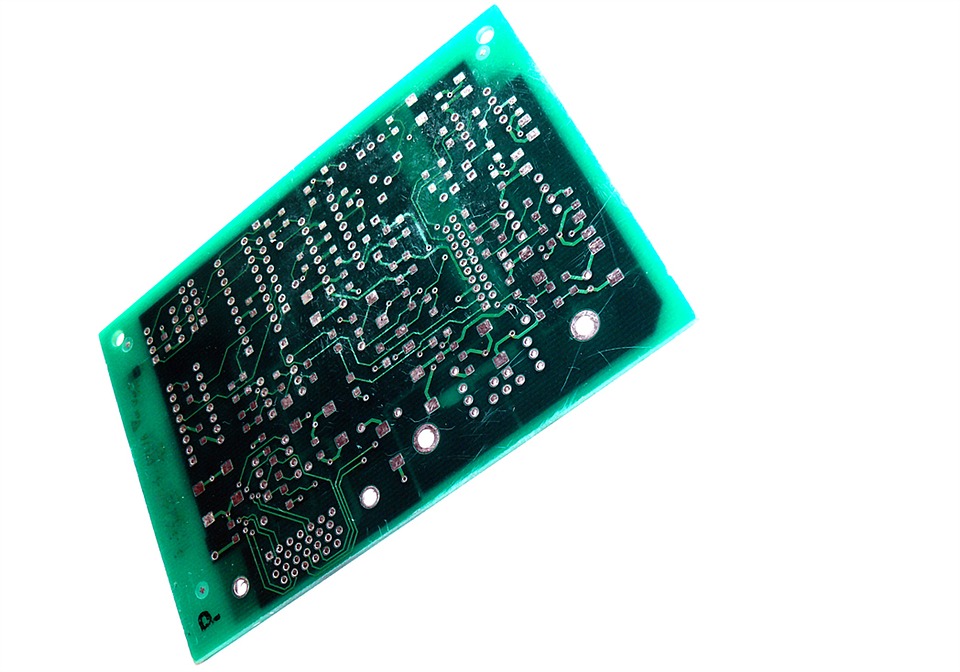

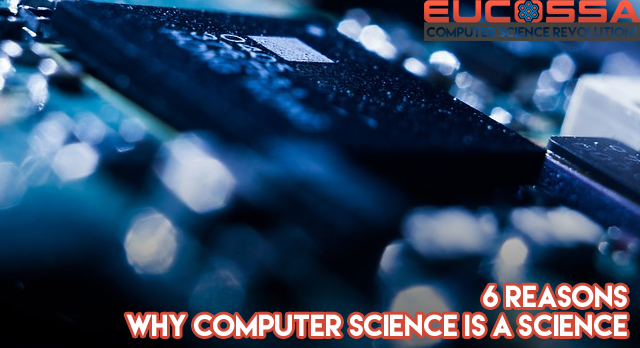
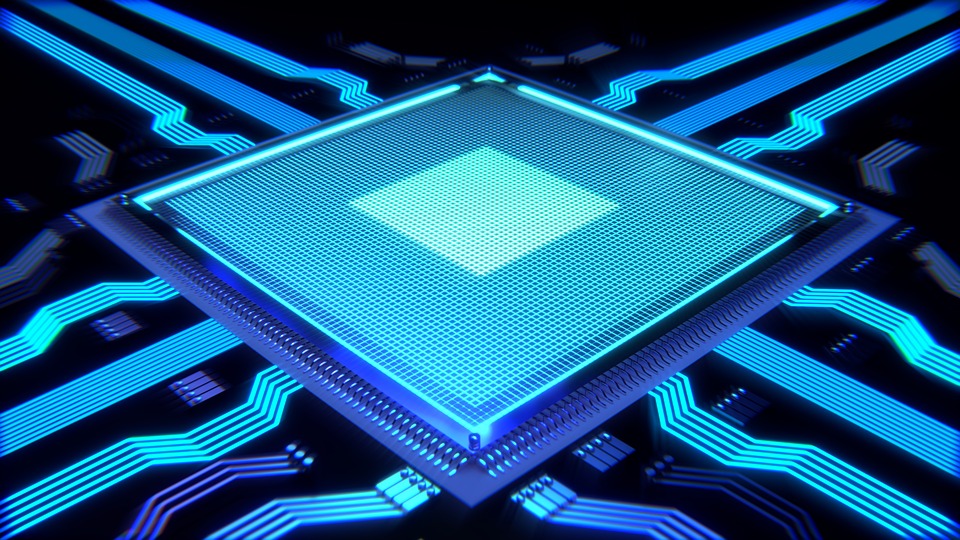
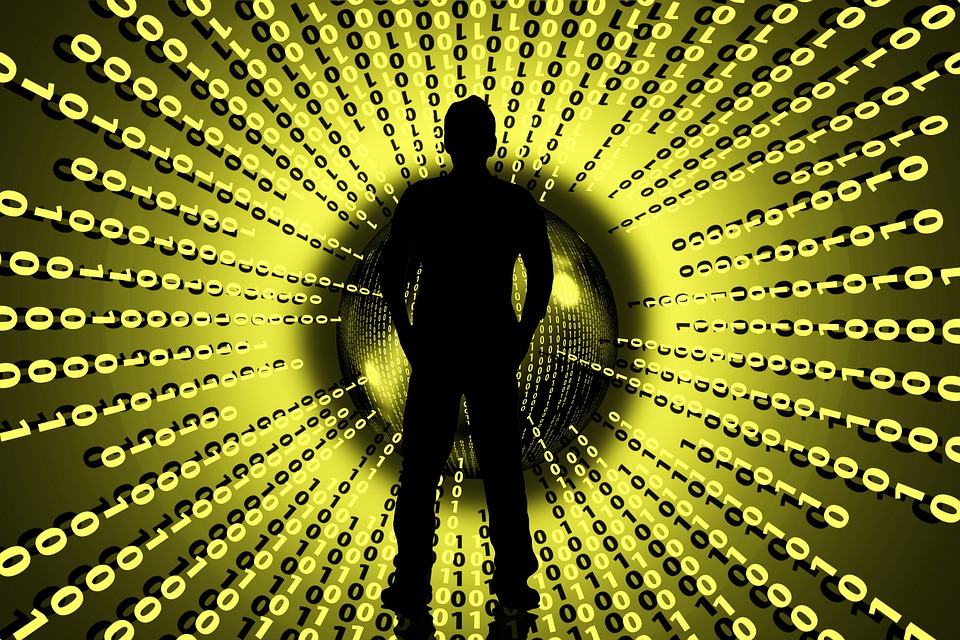


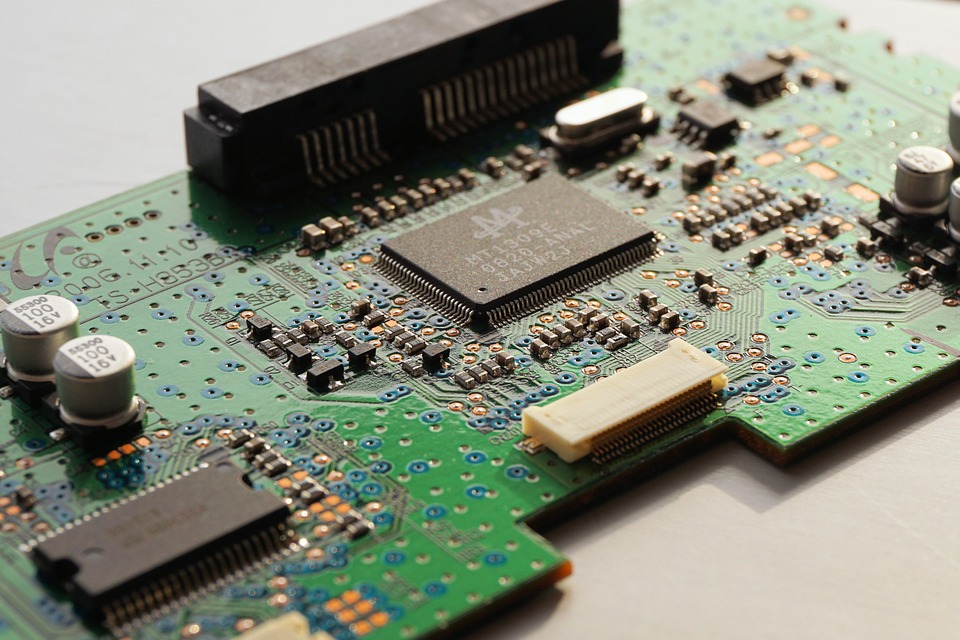



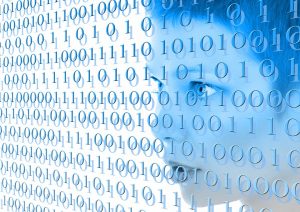

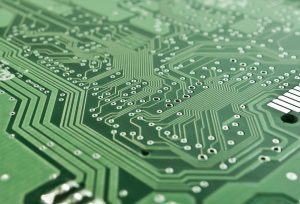

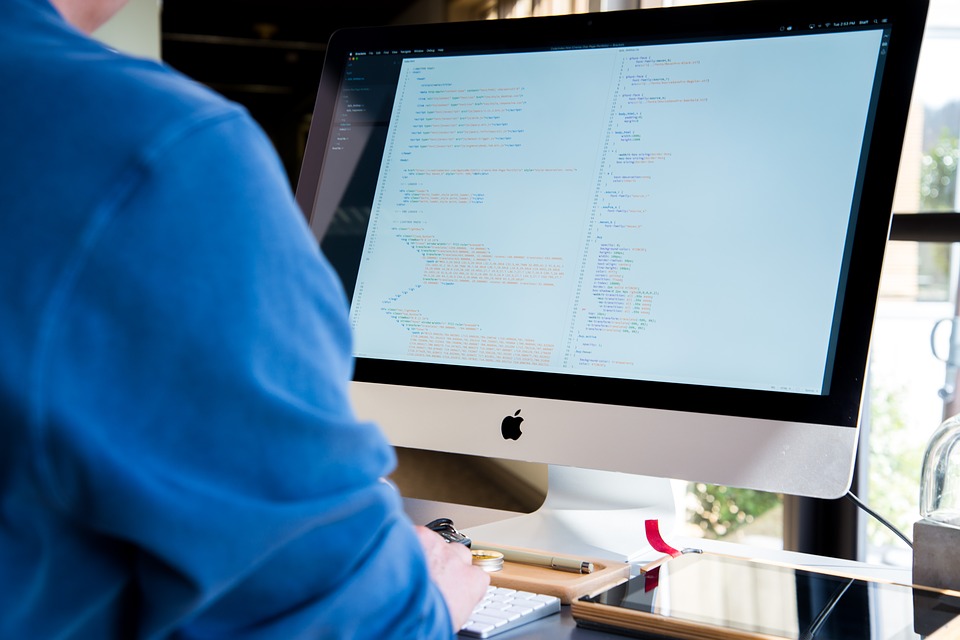

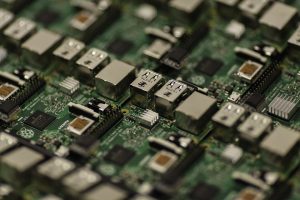
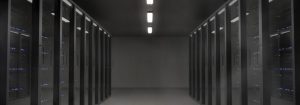


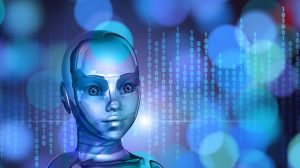 The general public has taken the idea for granted, while technology is actually having a different kind of impact on their lives, taking over their existence in a manner people accept without too much resistance. And that can easily be seen in both public and private places nowadays, where people prefer to spend time wired to their mobile devices or computers instead of interacting to each other.
The general public has taken the idea for granted, while technology is actually having a different kind of impact on their lives, taking over their existence in a manner people accept without too much resistance. And that can easily be seen in both public and private places nowadays, where people prefer to spend time wired to their mobile devices or computers instead of interacting to each other.